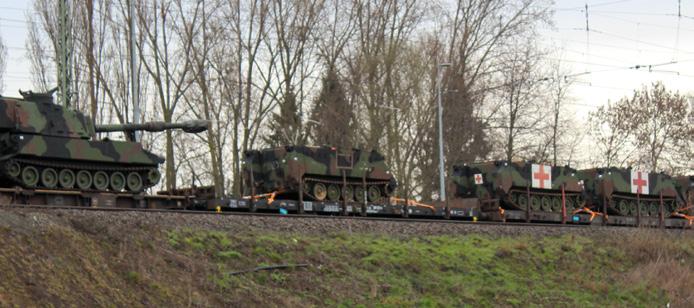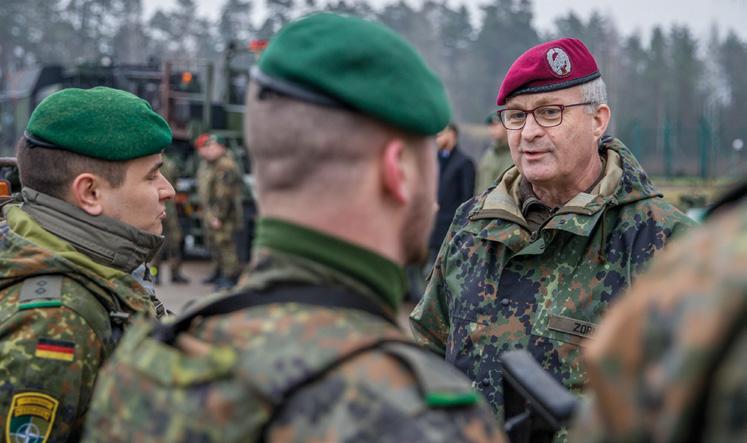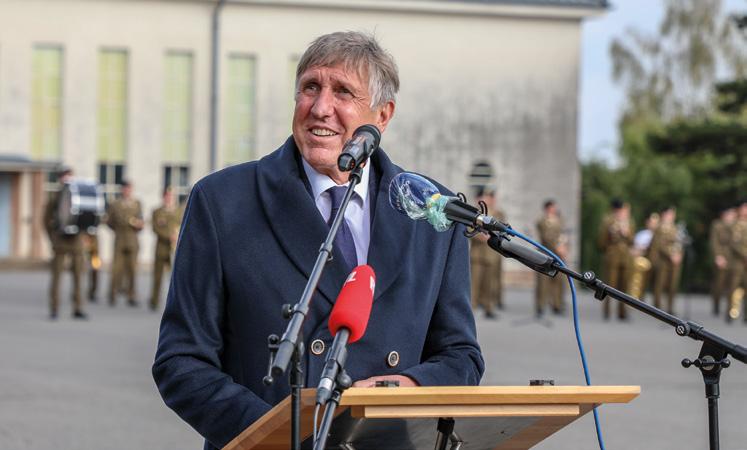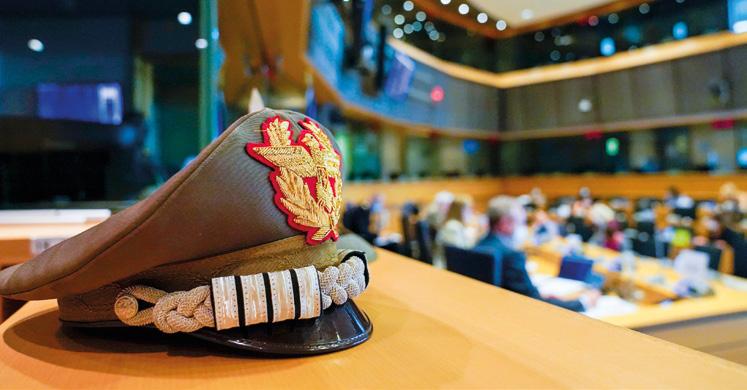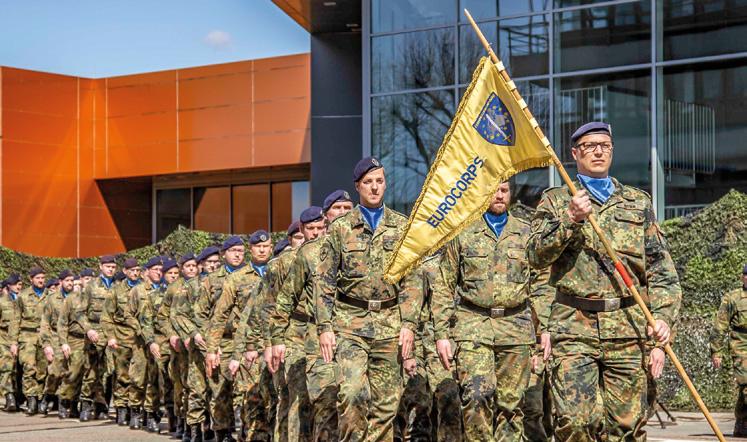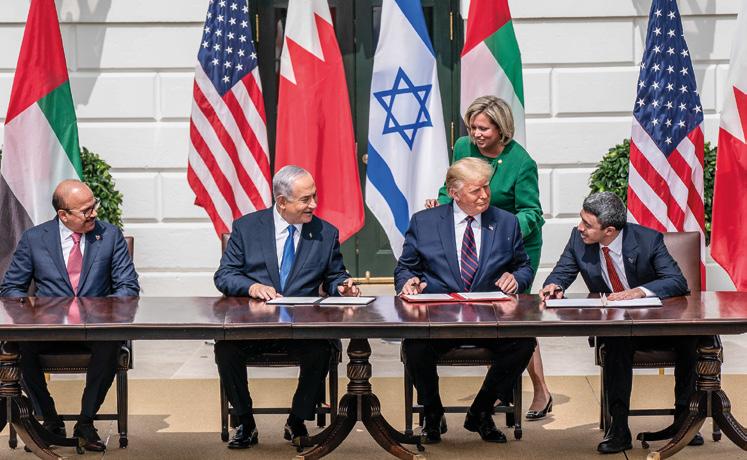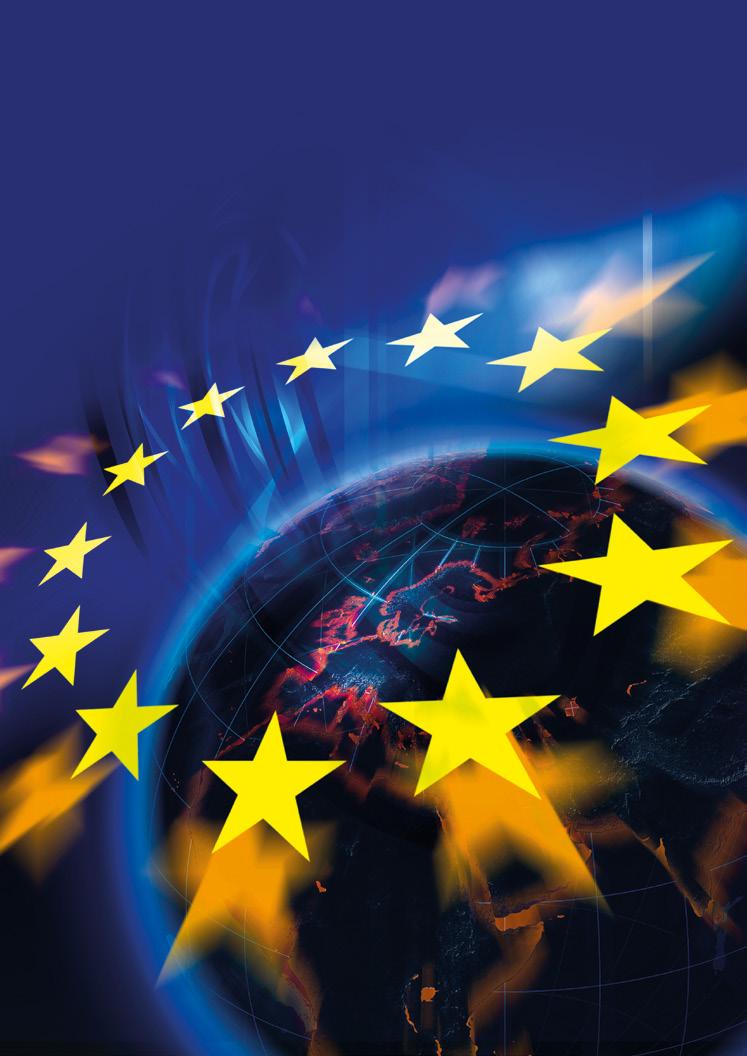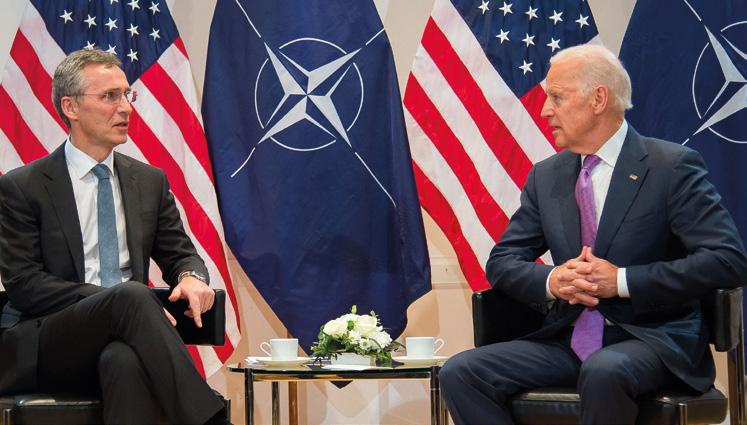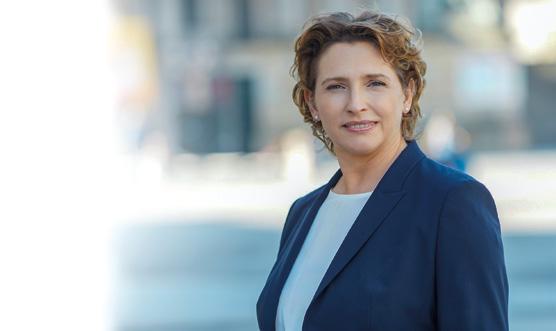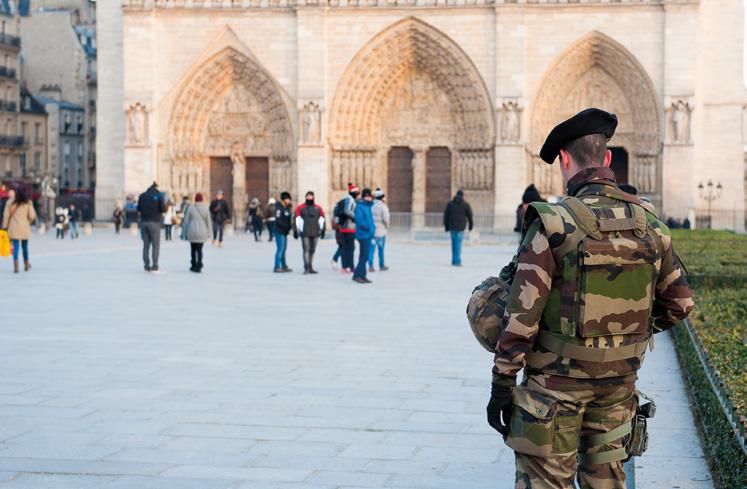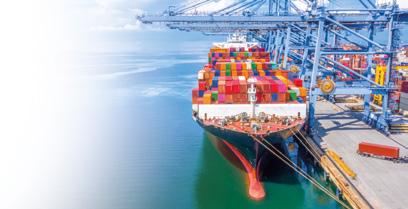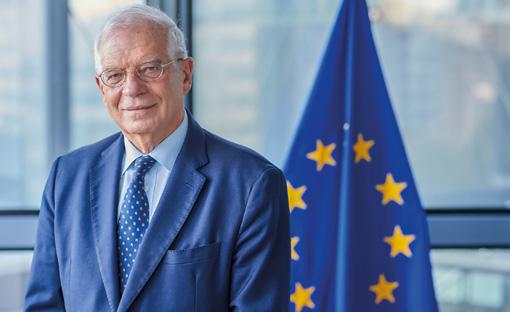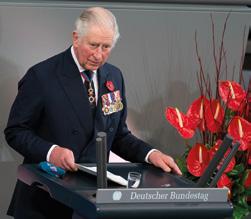THE EUROPEAN – SECURITY AND DEFENCE UNION
In the Spotlight
+++ Terrorism +++
Our freedom is an inalienable right
“The critical mind is also free in its thinking about religions” Interview with Cyrille Schott, Préfet (h.) de région, Strasbourg
T
he European: Mr Schott, your country, France, has been suffering terrorist attacks since 2015. In November, society was struck with horror after the decapitation of a school teacher by a radical Islamist. Samuel Paty had explained to his pupils that freedom of expression and freedom of the press are essential marks of democracy, illustrating his ideas with the caricatures on Mohammad, which led to the brutal murders of satirical magazine Charlie Hebdo journalists by Islamists five years ago. How can a society stand firm against such a permanent threat in the long run? Cyrille Schott: Through Samuel Paty’s horrific murder, it is the schools of the French Republic that are attacked. These schools constitute the melting pot of the nation, through the knowledge and values transmitted to young people, particularly freedom of thought and expression. If France has been particularly badly struck, this terrorism threatens the whole of Europe, as the recent attacks in Dresden and Vienna have shown. The terrorist threat today comes less from organised groups, but can take shape anywhere, by isolated and easily influenced individuals, exceedingly difficult to identify before the act. This causes our fellow citizens a diffuse fear, amplified by the fears associated with the health crisis. However, we ought not to underestimate the resilience of our societies. Our democracies are much stronger than authoritarian regimes where public debate is excluded. What is important is that our societies remain united on the essential, the will to live together. Our countries, despite their imperfections, represent the greatest space of freedom, prosperity and social justice in the world.
the French nation, which is not always well understood outside of France. It means that the state and religions are separate, which does not imply that the state ignores religions; it means that everyone has the freedom to believe or not to believe in God, and can freely practice his religion, as long as he does not disturb public peace. It means that the critical mind is also free in its thinking about religions. Caricatures are part of this freedom and more broadly of the freedom of the press. These elements exist in all European democracies and are not unique to France. The European: What means could the European Union use to stop Islamists’ harmful actions? Cyrille Schott: First, we must fight terrorism with the utmost rigour. The intelligence, security and justice services must get the legal, material and digital tools to fight; they must coordinate closely. Recent meetings of European leaders are in line with this. Secondly, we must prevent separatist discourses and encourage an Islam from Europe, instead of an Islam in Europe; France and Germany announced measures in this sense. The difference is that Islamic theology can be studied in German universities, whereas in France, laïcité requires that other structures be used, more difficult to create and control. In its fundamentals, however, the approach is similar. The same goes for the training of imams in Europe, instead of bringing them from abroad. Finally, our leaders must act to maintain, in speech and action, the unity of the national community. Fellow citizens of Muslim culture or religion are part of it. The vast majority aspire only to peacefully hold their place in our society. Economic and social policies must also be implemented to prevent people in certain neighbourhoods from being discriminated against, or foreigners who enter legally, particularly under the right to asylum, from having insufficient opportunities for integration.
“We ought not to underestimate the resilience of our societies.
The European: President Emmanuel Macron held after this tragic event a rigorous speech on freedom of expression and democracy, underlining that caricatures and critiques on religions must be allowed. Was he right to give this speech which didn’t diffuse the situation, but was a strong sign that France will not give in to the pressure of radical Islamists? Cyrille Schott: The freedom to blaspheme is one of the freedoms recognised in France. It does not mean that you must blaspheme. Laïcité forms one of the foundational elements of
14
”
The European: Mr Schott, can we agree on a common appeal to never sacrifice, out of fear or laxness, the smallest grain of our freedom to totalitarian Islamism? Cyrille Schott: Our freedom is an inalienable right. It cannot be abandoned in the face of totalitarianism, whatever it may be! → See also Mr Schott’s article on security and defence (pp. 18-20)


